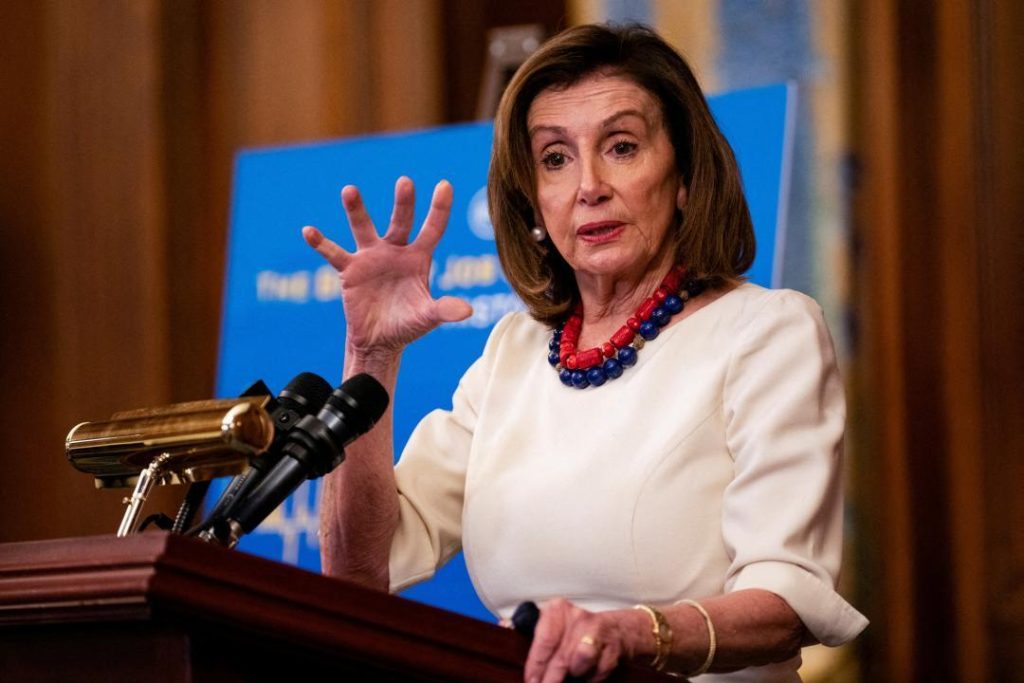
What is PELOSI Act & why is it named after former US Speaker Nancy Pelosi?
In a move aimed at increasing transparency and accountability in the US government, US Senator Josh Hawley has reintroduced the Preventing Elected Leaders from Owning Securities and Investments (PELOSI) Act. The bill seeks to prohibit lawmakers and their spouses from holding or dealing in stocks while holding office. This comes as a response to concerns that lawmakers may be using their position to gain an unfair advantage in the stock market.
The PELOSI Act is named after former US Speaker Nancy Pelosi, who enjoyed significant stock market gains during her term as Speaker. This raises questions about the potential for lawmakers to use their position to profit from non-public information and manipulate the market.
The act is a major step towards increasing transparency and accountability in the US government. Lawmakers would be allowed to invest in mutual funds (MFs), exchange-traded funds (ETFs), and Treasury bonds, but would be prohibited from holding individual stocks. This would prevent lawmakers from using their position to gain an unfair advantage in the stock market.
The PELOSI Act is not a new concept. In 2019, a similar bill was introduced by Senator Hawley, but it did not pass. Since then, there have been several high-profile cases of lawmakers being accused of insider trading. The most notable example is that of Representative Chris Collins, who was charged with insider trading in 2019. Collins was accused of sharing non-public information about his company, Innate Immunotherapeutics, with his son and others, allowing them to trade on the information.
The PELOSI Act would help to prevent such cases from occurring in the future. By prohibiting lawmakers from holding individual stocks, the act would prevent them from using their position to gain an unfair advantage in the market. This would help to restore public trust in the government and the stock market.
The act is not without its critics, however. Some argue that it is an overreach of government power and that it would disproportionately affect small investors. Others argue that it would not prevent lawmakers from using their position to manipulate the market, as they could still invest in MFs and ETFs.
Despite these criticisms, the PELOSI Act is a step in the right direction. It would help to increase transparency and accountability in the government and would prevent lawmakers from using their position to profit from non-public information. It is a reminder that lawmakers are public servants, not private businesspeople, and that their primary responsibility is to serve the public interest.
In conclusion, the PELOSI Act is a major step towards increasing transparency and accountability in the US government. By prohibiting lawmakers from holding individual stocks, the act would prevent them from using their position to gain an unfair advantage in the market. It is a reminder that lawmakers are public servants, not private businesspeople, and that their primary responsibility is to serve the public interest.



